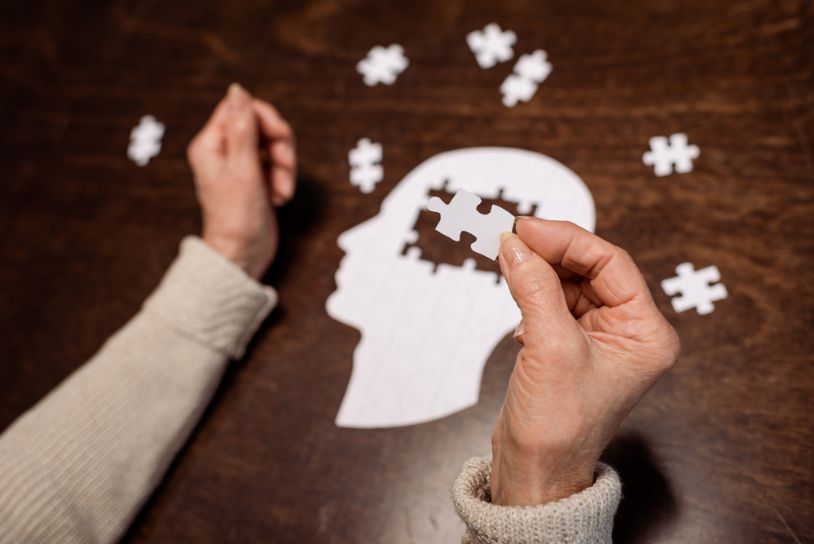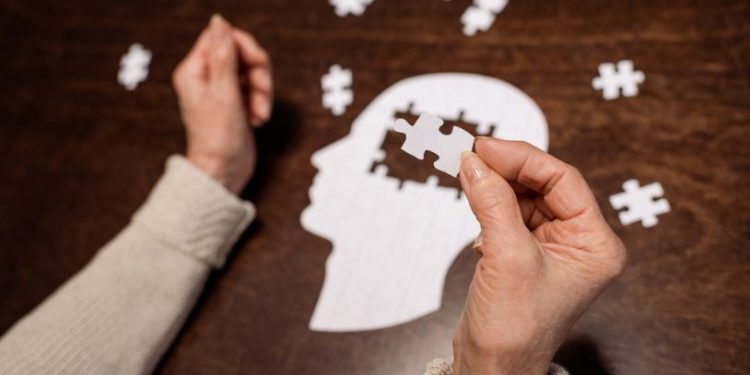Dissociative Disorders symptoms include confusion, mood swings, irritability, sleep disturbances and feeling disconnected from your body. They can be triggered by stress or trauma. These symptoms can be a problem if you have other mental health conditions like anxiety and depression.
They can also be a sign that you are having a breakdown in coping mechanisms. Talking therapies or medication can help you to learn new ways of coping, such as managing your emotions.
These symptoms can be a normal response to a traumatic event, but they can also be very distressing and make it hard to live a full life. This can be frustrating, but it is important to remember that everyone experiences this in some way, and there is no reason to feel like you are abnormal.
A traumatic event such as an assault, accident or natural disaster can cause feelings of disconnection, where you can lose sight of who you are and what is happening around you. This can be a normal defence mechanism, but if you are not able to cope then it can become dysfunctional and lead to a dissociative disorder.
This can happen at any age but it is more common in childhood, and often associated with abuse. People with this disorder often take on different identities or behaviours to protect themselves from the harm they experienced. They may be unable to recognise themselves in a mirror and have a hard time trusting others.

Amnesia (loss of memory) is one of the most common symptoms. This means that you can’t remember anything about the past, or if you do you can’t recall how it happened. Usually this happens as a result of a traumatic experience or it could be something else, such as a brain tumour.
Other types of dissociation are depersonalisation and derealisation, a condition that can last for short periods or come and go over many years. These are when you feel detached from people and things around you, time is slowed down or fastened, and your world becomes unreal.
These symptoms can occur together or alone, and they can be very scary. If you think you are experiencing these symptoms, see your GP. They will then refer you to a mental health specialist who can carry out an assessment.
They will need to know more about your symptoms and personal history before they can diagnose you with a specific dissociative disorder. They will then use criteria from the Diagnostic and Statistical Manual of Mental Disorders to make a diagnosis.
Amnesia is one of the most common dissociative disorders, and it’s more likely to affect those who have experienced a traumatic event in the past. It can occur suddenly, with no warning at all, and it can be very confusing.
It’s not clear why this happens, but it may be a result of the way the brain works, and the fact that some parts of the brain are more active than others. It’s also possible that you have another mental health condition, such as obsessive-compulsive disorder or panic disorder, which can also trigger these symptoms.









